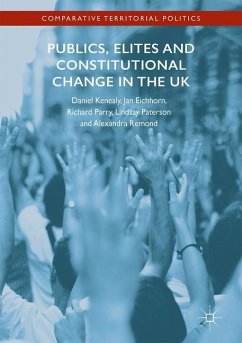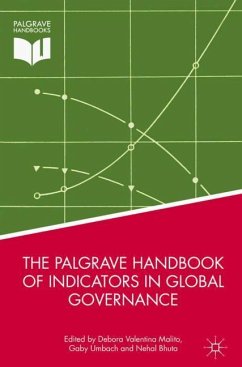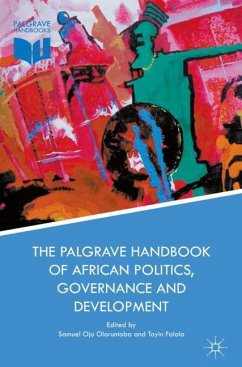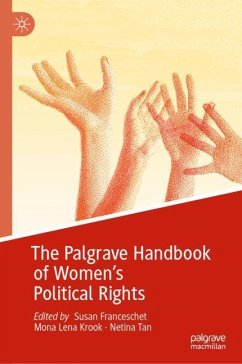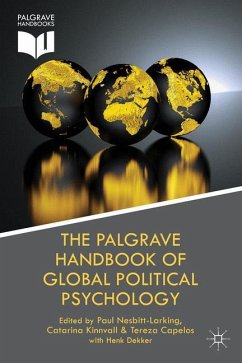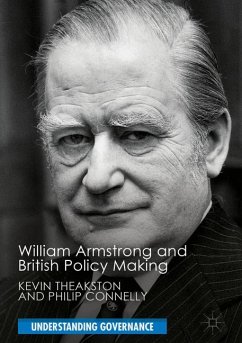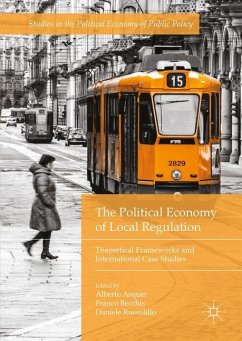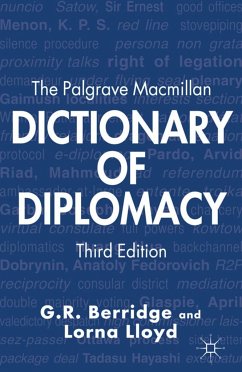
The Palgrave Handbook of Political Elites

PAYBACK Punkte
125 °P sammeln!
This handbook presents a comprehensive view of the current theory and research surrounding political elites, which is now a pivotal subject for academic study and public discourse. In 40 chapters by leading scholars, it displays the field's richness and diversity. The handbook is organized in six sections, each introduced by a co-editor, focusing on theories about political elites, methods for studying them, their main structural and behavioral patterns worldwide, the differentiation and integration of political elite sectors, elite attributes and resources, and the dilemmas of political elite...
This handbook presents a comprehensive view of the current theory and research surrounding political elites, which is now a pivotal subject for academic study and public discourse. In 40 chapters by leading scholars, it displays the field's richness and diversity. The handbook is organized in six sections, each introduced by a co-editor, focusing on theories about political elites, methods for studying them, their main structural and behavioral patterns worldwide, the differentiation and integration of political elite sectors, elite attributes and resources, and the dilemmas of political elites in this century. Forty years since Robert Putnam's landmark Comparative Study of Political Elites, this handbook is an indispensable resource for scholars and students engaged in the study of this vibrant field.





